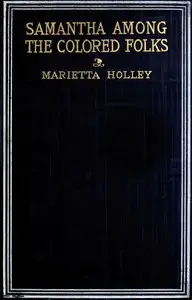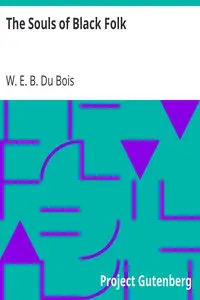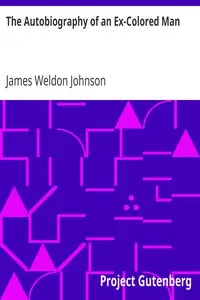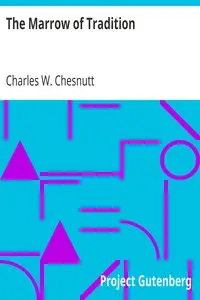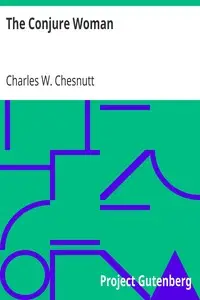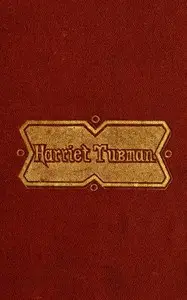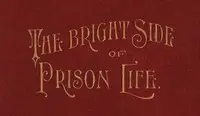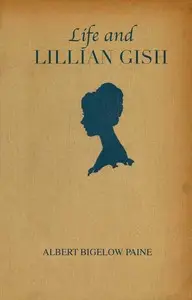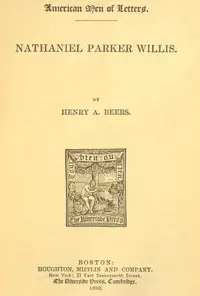"The Wife of His Youth and Other Stories of the Color Line, and Selected Essays" by Charles W. Chesnutt is a compilation of stories and essays set in America after the Civil War. These writings shine a light on the complicated topics of race, who people think they are, and where they fit in society. The stories focus on African-American characters facing difficulties caused by racial divisions, including biases within their own community based on skin tone, and the book looks at belonging, love, respect, and being accepted. One story presents Mr. Ryder, a respected member of the Blue Vein Society—an organization of light-skinned African-Americans seeking social status—as he plans a ball for Mrs. Molly Dixon, whom he hopes to marry. However, the sudden appearance of an old black woman named 'Liza Jane, searching for her husband who fled slavery, forces Mr. Ryder to consider loyalty and past relationships, ultimately raising questions about what society expects from him and others.
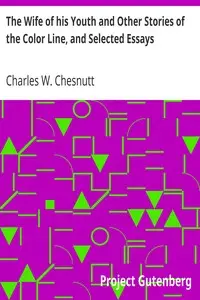
The Wife of his Youth and Other Stories of the Color Line, and Selected Essays
By Charles W. (Charles Waddell) Chesnutt
In a world divided by color, individuals grapple with identity, love, and the search for belonging as they confront the complexities of post-Civil War America.
Summary
About the AuthorCharles Waddell Chesnutt was an American author, essayist, political activist, and lawyer, best known for his novels and short stories exploring complex issues of racial and social identity in the post-Civil War South. Two of his books were adapted as silent films in 1926 and 1927 by the African-American director and producer Oscar Micheaux. Following the Civil Rights Movement during the 20th century, interest in the works of Chesnutt was revived. Several of his books were published in new editions, and he received formal recognition. A commemorative stamp was printed in 2008.
Charles Waddell Chesnutt was an American author, essayist, political activist, and lawyer, best known for his novels and short stories exploring complex issues of racial and social identity in the post-Civil War South. Two of his books were adapted as silent films in 1926 and 1927 by the African-American director and producer Oscar Micheaux. Following the Civil Rights Movement during the 20th century, interest in the works of Chesnutt was revived. Several of his books were published in new editions, and he received formal recognition. A commemorative stamp was printed in 2008.

